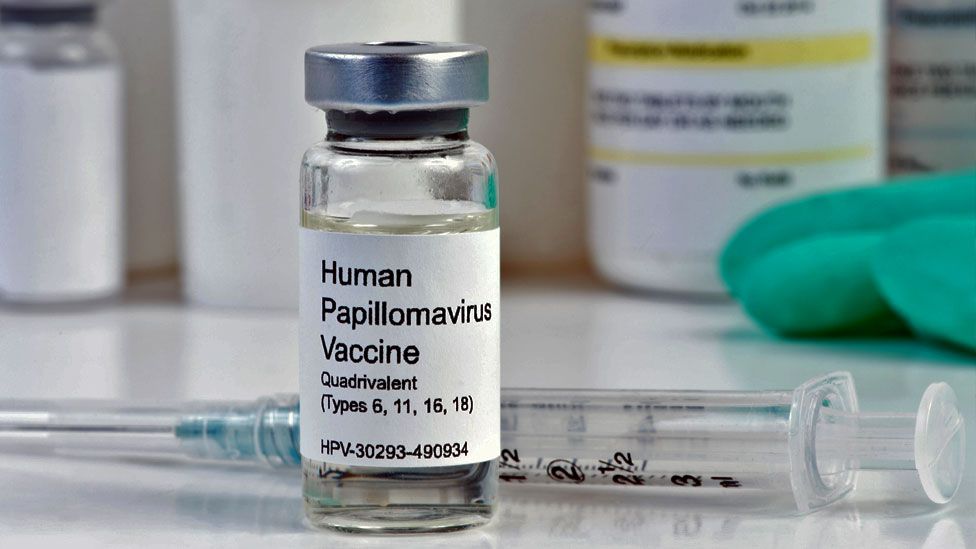Human papillomavirus (HPV) is the most common sexually transmitted infection (STI), impacting millions of people across the globe. It’s also the cause of the majority of cases of cervical cancer, which is why it’s especially concerning in women.
HPV is concerning

More than 200 strains of HPV exist, 40 of which can cause cervical cancer or genital warts. The majority of sexually active people will contract HPV at some point, but most people who get it have no symptoms and feel fine, so they often don’t realize they have the virus. It’s also one of the only STIs that can be transmitted when one partner is using a condom. About 12 of the HPV strains can lead to cancer.
HPV and cervical cancer

According to the American Cancer Society, cervical cancer was once the leading cause of cancer death among American women. However, the increase in regular screenings for this type of cancer has resulted in a decrease in the number of deaths caused by cervical cancer in the last four decades. Although this is a step in the right direction, more than 4,000 women still died from cervical cancer in 2015, and nearly 13,000 women were diagnosed in the same year.
The National Institutes of Health reports that nearly all cases of cervical cancer are caused by HPV. It’s a concerning type of cancer because many women who have it experience few to no symptoms, which is why people refer to cervical cancer as the silent killer. By the time someone experiences symptoms, such as heavy or long periods, pain or bleeding during or after sex, unusual discharge, or abnormal bleeding, cancer has likely become invasive.
Undergo regular HPV screening
Since HPV can cause cervical cancer, it’s very important to be aware of your risk of contracting this STI. It’s extremely common, which means you may have already contracted the virus without realizing it. Regular screening for HPV is your best line of defense against cervical cancer.
Your healthcare provider can perform this screening as part of your annual checkup, or you can choose to use an HPV screening option that can be done in your home. Through Nurx, you can also talk to a health care provider online instead of having to visit your doctor’s office for a test. Telemedicine has made it easier than ever to consult with a provider for many of your health needs, giving you more flexibility and more options.
HPV testing is different from a Pap smear in that the sample obtained from an HPV test is screened for high-risk strains of HPV. A Pap smear collects cells from the inside of the cervix, which will then be observed by a pathologist or cytologist.
HPV prevention

A vaccine is also available that can reduce your risk of contracting HPV. It’s given in two or three doses to protect against certain strains of the virus that are linked to cervical cancer and genital warts. The vaccine is available to people between the ages of nine and 45.
By undergoing regular HPV screening, you can reduce your risk of cervical cancer. It’s important to make sure you’re keeping up with testing to stay healthy and be aware of what’s going on with your body.



